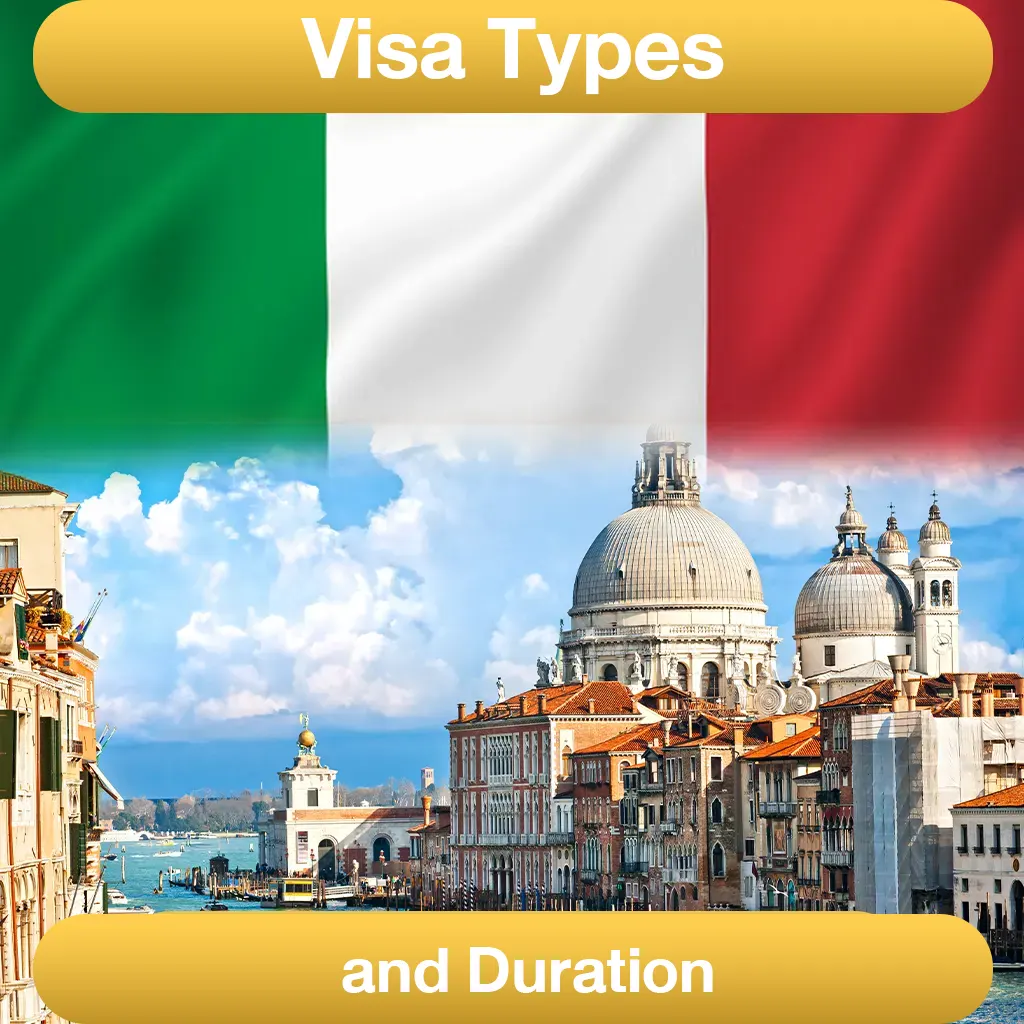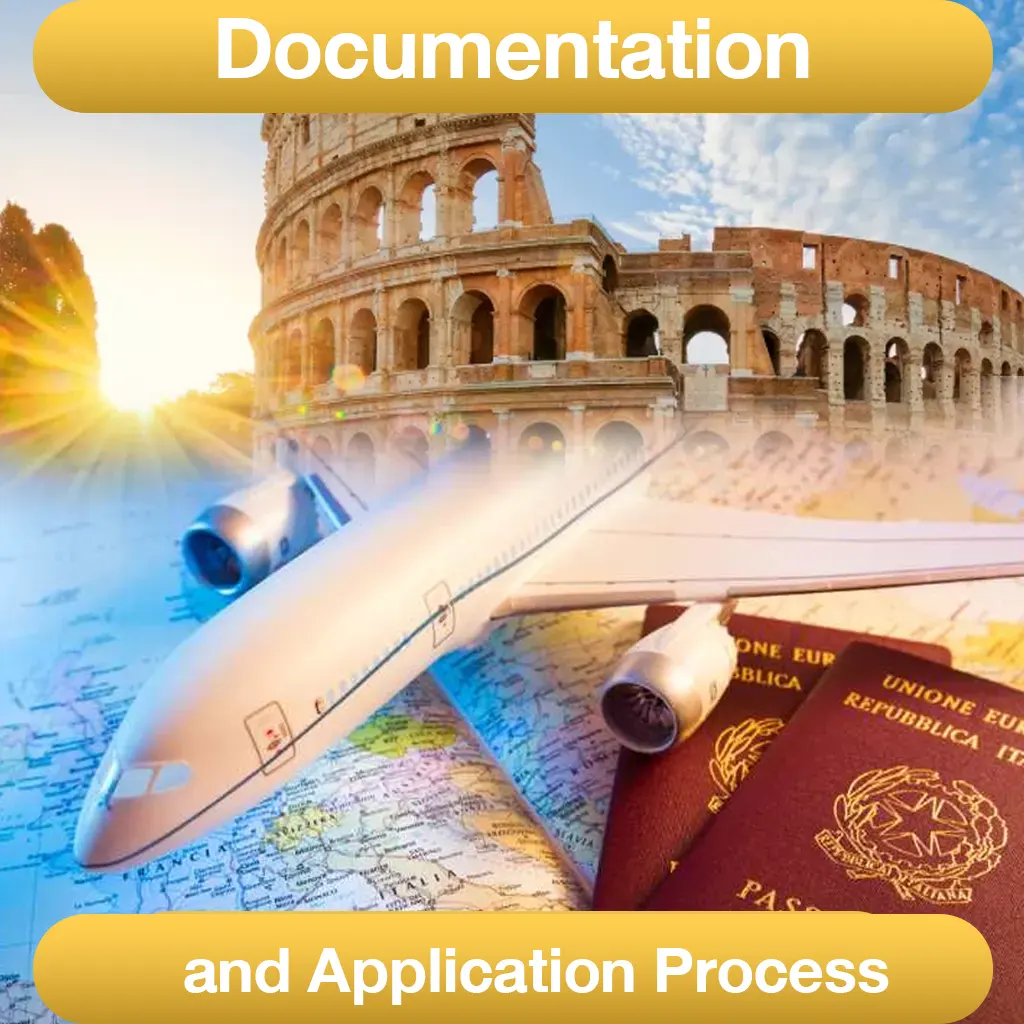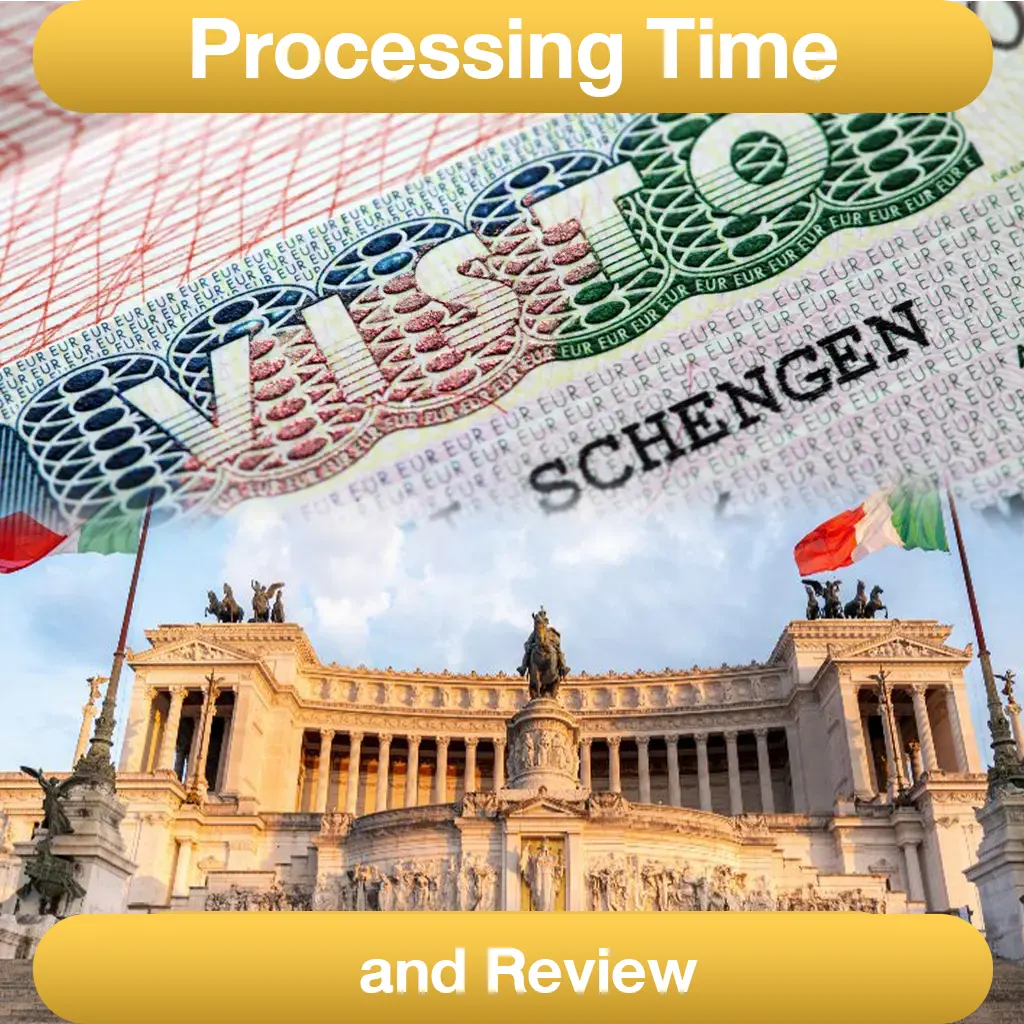Traveling to Italy begins with obtaining the correct visa, whether for short-term tourism, education, or work purposes. Understanding the visa options and requirements is crucial for a successful application. This comprehensive guide covers everything you need to know about Italian visas, including the latest regulations for 2025.
Visa Types and Duration
Italy offers two main visa categories: the Schengen Visa for short stays and the National D Visa for long-term residence. Each type serves different purposes and comes with specific requirements and privileges.
The selection of the right visa category is crucial for your travel plans. Your choice will affect not only your stay duration but also your rights and activities while in Italy and other Schengen countries.
Schengen Visa vs. National D Visa
The Schengen Visa and National D Visa serve different purposes and offer distinct benefits. Understanding these differences is essential for choosing the right visa type for your needs.
Key features of each visa type:
- Schengen Visa: 90-day maximum stay in 180 days
- Valid for tourism, business, family visits
- Travel freedom within Schengen area
- National D Visa: Stays exceeding 90 days
- Covers study, work, or permanent residence
- Country-specific but includes Schengen travel rights
Specific Requirements by Visa Type
Each visa category has its own set of requirements that applicants must meet. The requirements vary based on the purpose and duration of your stay.
Essential requirements include:
- Valid passport (minimum 6 months validity)
- Travel insurance coverage
- Sufficient financial means
- Purpose-specific documentation
- Accommodation arrangements
- Return travel proof
Documentation and Application Process
The visa application process requires careful preparation and attention to detail. Starting the process well in advance ensures you have time to gather all necessary documents and meet all requirements.
Required Documents
Document preparation is a crucial step in the visa application process. Each document must meet specific criteria and be properly authenticated.
Basic documentation includes:
- Passport and photos
- Visa application form
- Financial statements
- Travel insurance
- Flight reservations
- Accommodation bookings
- Supporting documents based on visa type
Appointment Booking and Online System
The online appointment system streamlines the visa application process. Understanding how to navigate this system is essential for a smooth application experience.
Key appointment information:
- Book 2-3 months in advance
- Choose convenient time slots
- Prepare all required information
- Follow embassy guidelines
- Arrive early for appointment
Processing Time and Review
The visa processing timeline varies depending on the visa type and current application volume. Understanding these timeframes helps in planning your travel effectively.
Interview Process and Evaluation Criteria
The visa interview is a critical step where officials assess your application in person. Proper preparation can significantly impact the success of your application.
Interview focuses include:
- Travel purpose verification
- Financial capability assessment
- Return intention proof
- Documentation review
- Personal circumstances evaluation
Status Tracking and Visa Collection
After submission, you can track your application status through official channels. Understanding the tracking system helps manage expectations and planning.
Processing timeframes:
- Schengen visa: 15 working days
- National D visa: 30-60 working days
- Status updates via email/SMS
- Collection options available
- Courier service possible


 ไทย
ไทย


